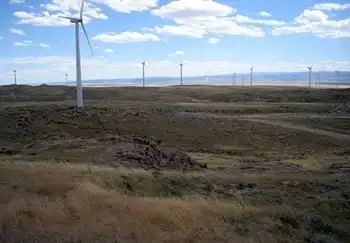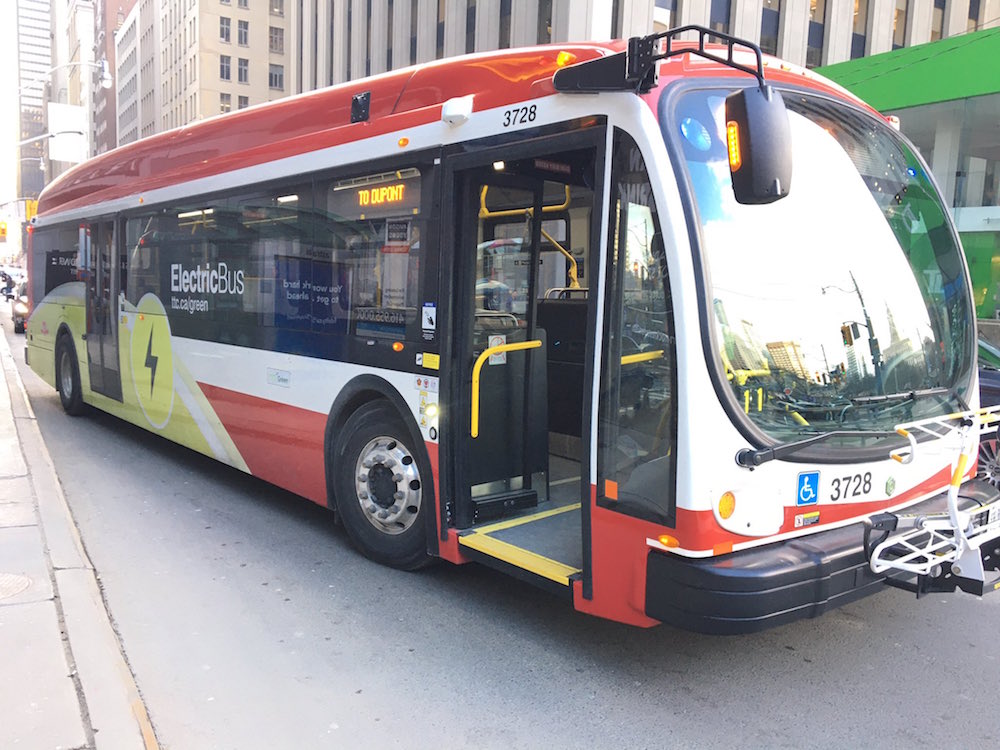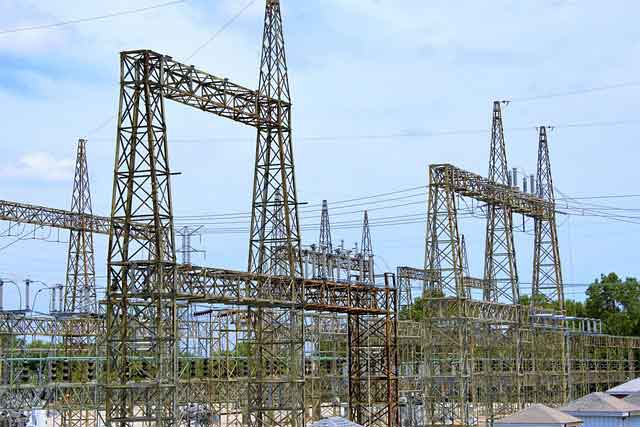Second nuclear plant urged for Callaway County
“Residential and commercial ratepayers will not pay one penny unless the consortium is given the early site permit the costs associated with seeking that permit are determined to be prudent and the Missouri Public Service Commission approves them,” Nixon said from the steps of the governor’s mansion.
“In addition, this agreement will keep consumer protections on the books for construction work in progress.”
Speaking alongside community, labor and business leaders, Nixon announced that a consortium of Missouri electric utilities planned to seek regulatory approval from the Nuclear Regulatory Commission for the site of the plant.
The utilities, including Ameren Missouri, the Association of Missouri Electric Cooperatives, Kansas City Power & Light and the Missouri Public Utility Alliance, have not decided whether to build the second plant but want the option. Should they pursue the plant, it would be built at Ameren MissouriÂ’s Callaway County location about 25 miles northeast of the state capitol, where the stateÂ’s only existing nuclear plant is located.
“Given the uncertainties regarding how best to replace aging power plants, the potential impact of anticipated EPA regulations and continued consideration at the federal level of carbon tax proposals, Ameren Missouri believes strongly that our state must keep all options on the table — including additional nuclear power generation,” said Warner L. Baxter, chairman, CEO and president of AmerenUE, in a news release.
Christy Bertelson, a Nixon spokeswoman, told The Democrat that the new plant would be a “state-of-the-art facility” that would help the state maintain low energy costs.
“Nuclear power technology has changed a lot since the original facility was built at Callaway in 1984. It is very clear there is a need for reliable, affordable energy and that will be essential to Missouri’s economy going forward,” Bertelson said.
She said the state, which derives more than 80 percent of its electrical power from coal, enjoys the seventh most affordable energy rates of any state in the country.
NixonÂ’s proposal would allow utilities to charge customers for the cost of getting early site permits for power plants. Currently, state law does not allow utilities to bill their customers for the cost of building new power plants until the facility is online.
Nixon said the early site permit would cost about $40 million and customers would pay an extra $1 to $2 per year.
Consumer advocates said the new proposal could force customers to pay millions of dollars before they can even benefit from the power plant. They said that amounted to shifting the risk of new power plants from a utility and its private investors to electric customers who cannot get electricity from anyone else.
“It is certainly not consumer-friendly. It is against the interest of consumers,” said Joan Bray, the chairwoman for the board of the Consumers Council of Missouri.
The permitting process for power plants addresses site suitability and environmental protection issues as well as plans for coping with emergencies. If approved, the permit would be valid for 20 years and could potentially be renewed for an additional 10 to 20 years.
Missouri lawmakers last year considered legislation to help build a second nuclear power plant by letting utilities seek permission from the Public Service Commission to add the financing costs for certain types of new power plants onto electric bills before plants are operational.
It was not immediately clear when a decision on a plant would be made, how many megawatts it would produce or how the utilities would operate it.
Ameren spokeswoman Susan Gallagher said itÂ’s not uncommon for there to be nuclear plants operated by multiple utilities.
“It’s a clean energy source and we need clean energy sources because the state is 80 percent coal fired,” Gallagher said. She noted that various regulations are in the works that could affect coal-fired generation.
Related News

Scientists Built a Genius Device That Generates Electricity 'Out of Thin Air'
LONDON - They found it buried in the muddy shores of the Potomac River more than three decades ago: a strange "sediment organism" that could do things nobody had ever seen before in bacteria.
This unusual microbe, belonging to the Geobacter genus, was first noted for its ability to produce magnetite in the absence of oxygen, but with time scientists found it could make other things too, like bacterial nanowires that conduct electricity.
For years, researchers have been trying to figure out ways to usefully exploit that natural gift, and they might have just hit pay-dirt with a device they're calling the…





